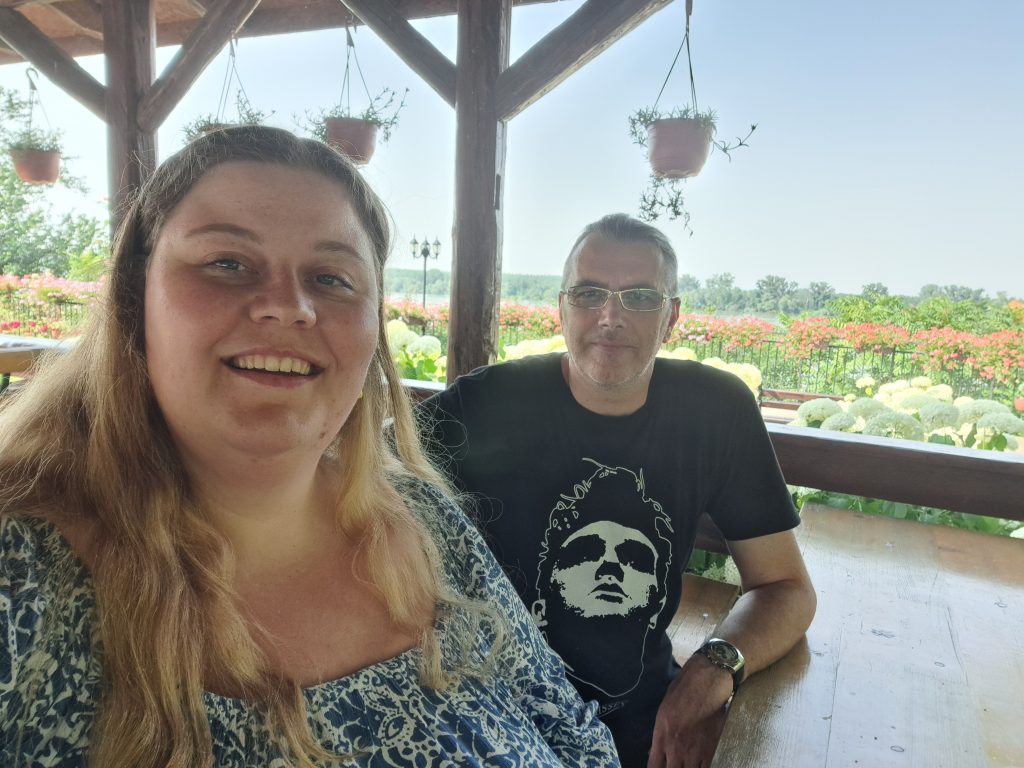
As part of the collaboration with her supervisor Dr. Saša Dujko, PhD student of the National Institute for Space Research in Denmark, Elloïse Fangel-Lloyd, spent five weeks at the Center for Nonequilibrium Processes at the Institute of Physics in Belgrade. The Center provided a working environment and all necessary conditions for her stay at the Institute.
The main topic of Elloïse Fangel-Lloyd’s doctoral dissertation is the study of relativistic runaway electrons and the emission of gamma flashes from electric lightning in the atmosphere of our planet. During her stay at the Institute, she worked on another exciting project, namely the simulation of electrical discharges in the atmospheres of exoplanets, with a special emphasis on potentially habitable oceanic worlds, whose atmospheres are dominated by molecular hydrogen.
Streamers are precursors of electric lightning and catalysts for the synthesis of organic molecules that can play an important role in the process of abiogenesis. The results of the study of exoplanet atmospheres by the James Webb Telescope enabled the development of a new multi-disciplinary field within the contemporary astrobiological discourse. Based on the modeling of streamers and electric lightning in the atmospheres of exo-planets, it is possible to achieve not only a deeper insight into the atmospheric dynamics of these planets, but also a better understanding of the conditions necessary for the development of life.
Elloïse Fangel-Lloyd, as she says, is immensely grateful for the opportunity to visit the Institute of Physics in Belgrade, where, according to her, she enjoyed the stimulating atmosphere for work and socializing. “Thank you all for the warm welcome and I hope we will see each other again in the near future”, she stated at the end of the visit.
The project Relativistic runaway electrons and terrestrial gamma-ray flashes from lightning, in which Dr. Saša Dujko participates, is supported by the Independent Research Fund of Denmark.




